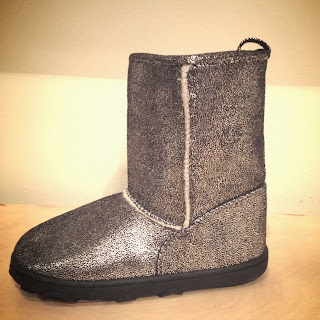People ask me all the time, “Do you really think I could get
caught selling a product that is in violation of a U.S. law? I’m such a small company, could I really be
on anyone’s radar?”
My answer inevitably is “Yes,” that you don’t need to be a
“big fish” to get hit with big penalties resulting from multiple violations
(they rarely hit you with one).
Moreover, if you are importing violative products, you could
end up being penalized by not just one federal agency but two (think
tens-of-thousands-of-dollars…)
Taking children’s wearing apparel as an example, in the last
30 days there have been 7 recalls by the U.S. Consumer Product Safety
Commission, including 1 announced just yesterday!
They were recalled for either:
- failing to meet the federal flammability standard,
- - posing a choking hazard, or
- - posing a strangulation hazard.
Specifically, the product recalls were as follows:
1) Children’s Pajamas, recalled by the Bailey Boys –
Flammability (sold at children’s boutique stores nationwide)
2) Wearever Girl’s Hooded Jacket Sets, recalled by David’s
Place – Strangulation (sold exclusively at Burlington Coat Factory stores)
3) Girls’ BCG Hooded Windsuits, recalled by Academy Sports +
Outdoors – Strangulation (sold exclusively at Academy Sports + Outdoors stores
and its website)
4) Girls’ Pink Leopard Jackets, recalled by Ram’s Imports –
Strangulation (sold exclusively at Burlington Coat Factory stores)
5) Yoki Girls Faux Leather Jackets with Drawstrings,
recalled by Mirage Fashions – Stangulation (sold exclusively at Burlington Coat
Factory stores)
6) Infant Sandals, recalled by American Boy and Girl –
Choking Hazard (sold exclusively at Meijer stores)
7) Hooded Sweatshirts, recalled by Little Willy’s –
Strangulation (sold exclusively at Zullily.com and Gilt.com stores)
Consumers should immediately take the recalled product away from children and return them to the store they purchased it from for a full refund.
As for the seller, not only does getting caught typically mean heavy penalties, but a product recall is disruptive to business (stay tuned for a future article on this as changes to the rules are being considered), can hurt your business relationships, and can tarnish your reputation.
And who wants that to happen? Not you, and not me either.
Questions/comments? Post below or email me at clark.deanna@gmail.com
Keep Up With Me:
On Twitter @fashcompliance
On Facebook www.facebook.com/FashionCompliance (*like* the page to get our updates)
On YouTube www.youtube.com/FashionCompliance













.JPG)
